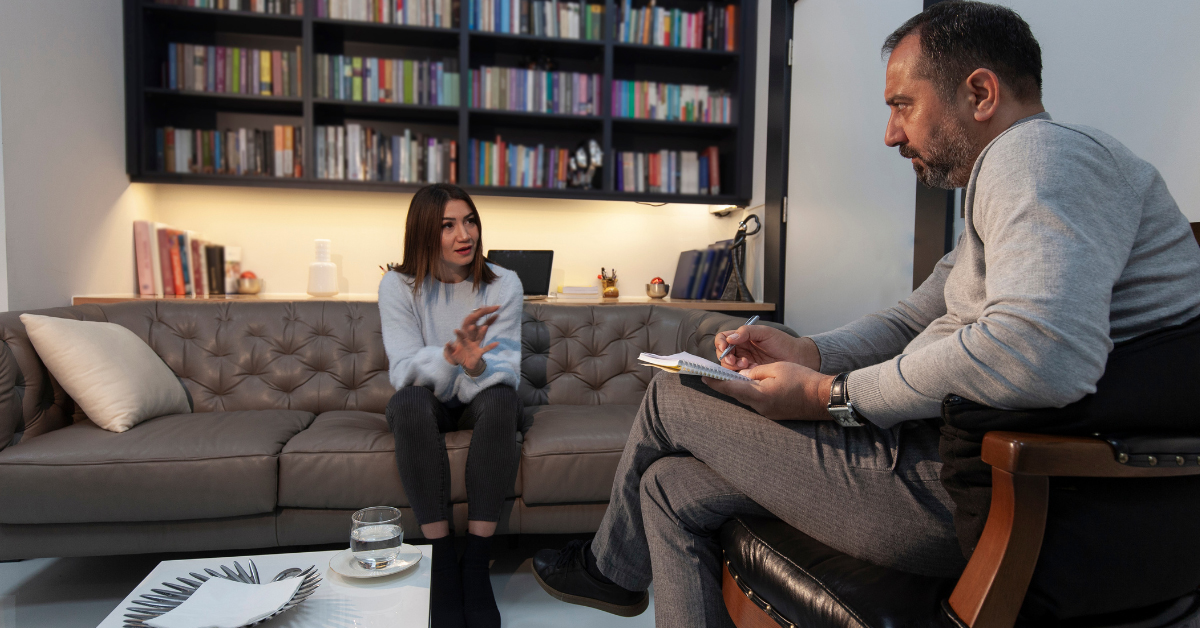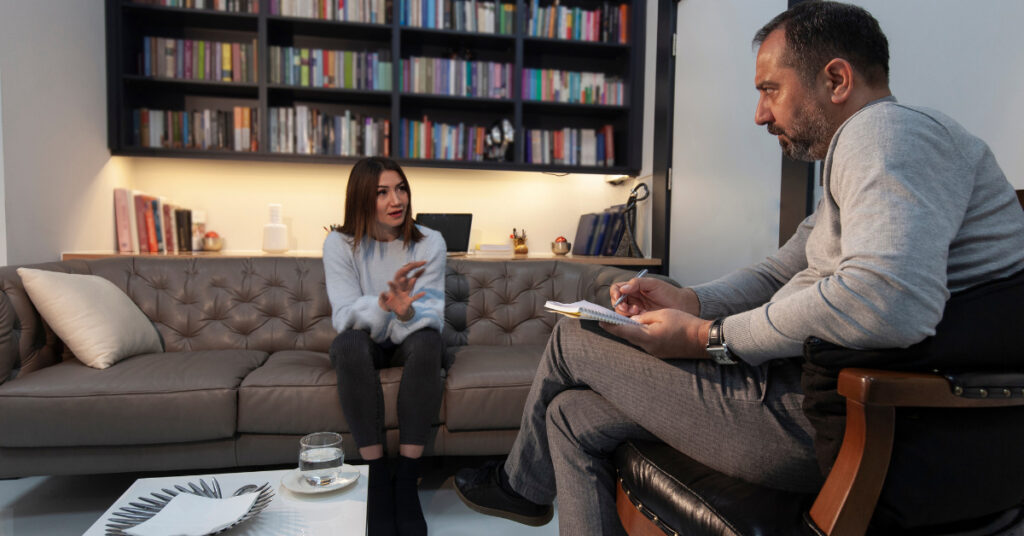How Do Drug Abusers’ Actions Affect Themselves, Their Families, and Their Communities?
If you or a loved one suffer from addiction, you should know how a drug abusers actions can affect not only you, but everyone else around you.
Drug abuse and addiction affect more people than in the past. The recent statistics from the Key Substance Use and Mental Health Indicators in the United States results from the 2020 survey indicate that drug abuse and mental health conditions, directly linked to drug abuse, are the same at approximately 20 percent of the population.
Among people aged 12 or older in 2020, 21.4 percent (or 59.3 million people) used illicit drugs in the past year. Among adults aged 18 or older in 2020, 21.0 percent (or 52.9 million people) had any mental illness (AMI), and 5.6 percent (or 14.2 million people) had a serious mental illness (SMI) in the past year. (NSDUH)

Why Drug Abuse and Addiction are Conditions of Mental Health?
People that abuse drugs are trying to change how they feel. Some may be only experimenting with the effects and may decide they are no longer interested in how that drug made them feel. Others, though, may continue to self-medicate by abusing drugs because it alters how they are feeling, and they like the effects better than their own experience of life.
Drug abuse and addiction are considered mental health disorders because drugs will adversely affect the brain. This is because drugs alter how the brain works. Also, the original reasons someone prefers to be ‘high’ indicate that something happened to them to affect their minds and emotions before using drugs.
How Drug Abuse Affects the Community?
Hands down, communities are affected by crime due to drug abuse. Since most addictive drugs are illegal and expensive, drug abusers and addicts must commit crimes to sustain their habit. Most people who abuse drugs are also bought and sold by drug dealers who sell the drugs on the street. Communities that struggle are overrun with drug dealing and drug use throughout their neighborhoods.
These communities suffer, and drug abuse crime harms its members. Gun shootings over drugs and money, burglary, rape, and other horrific crimes occur because of drug abuse. Addicts have lost the ability of self-control from their drug use, and it is safe to say the following: the effects of drugs numb the individual’s awareness of right and wrong, and that’s another reason crime and drugs go hand in hand.
Drugs affect brain regions that control clear judgment of wrong and right and lower inhibition to dangerous activities.
How Drug Abuse Affects Families and Loved Ones?
When someone is abusing drugs, the entire family suffers. Because drugs alter how someone feels and acts, children of drug abusers are probably the most extraordinary victim in the family. Still, parents of a drug abuser are also helpless and often have to watch the child get worse, go to jail, overdose, and even die. Siblings are affected as well, as the parents can neglect them because of the attention put on the drug abuser.
Family therapy is beneficial during drug abuse, treatment, and after someone has quit using drugs. However, the family dynamics are complex and require professional supervision and support. Another fact to drug abuse and the family is often how the family may have caused the drug abuse either through abuse, neglect, or by drug-using parents handing down the behavior to the child.
How Drug Abuse Affects a Person?
When drugs become an interest for anyone, it indicates that something is going on to desire, changing how they feel. The National Institute on Drug Abuse explains why people use drugs and what is happening to them after using drugs.
Over time, if drug use continues, other pleasurable activities become less pleasurable, and the person has to take the drug just to feel “normal.” They have a hard time controlling their need to take drugs even though it causes many problems for themselves and their loved ones. Some people may start to feel the need to take more of a drug or take it more often, even in the early stages of their drug use. These are the signs of an addiction. (NIDA)
What Can Be Done About Drug Abuse?
The only answer for helping a person using drugs is to offer them professional help. Even when a person has not developed an addiction which is when they continue to use drugs despite harmful consequences, the answer is to provide them psychological counseling and emotional support.
Drug abuse is a sign that someone is not happy. The drug user may not even comprehend this and think it is still a fun thing to do. However, ongoing drug abuse will lead to addiction for most people. Today we know what works to prevent and help drug abuse, and that is evidence-based forms of treatment and in-depth behavioral therapy types that address emotional issues.
Evoke Waltham Provides Interventions that Work
We have helped get even the most casual drug user into treatment and remain at treatment. But, unfortunately, the former rehab agenda ignored emotional health and how drugs alter the brain’s functioning. Today we know different.
Cognitive-behavioral therapy is the most effective counseling that helps a person break free of the desire to use drugs. But, again, many drug users don’t know that they are mentally hurting, and our expert addiction clinical staff helps them see why they use drugs. Call our clinical team for more information and support to be admitted today.


